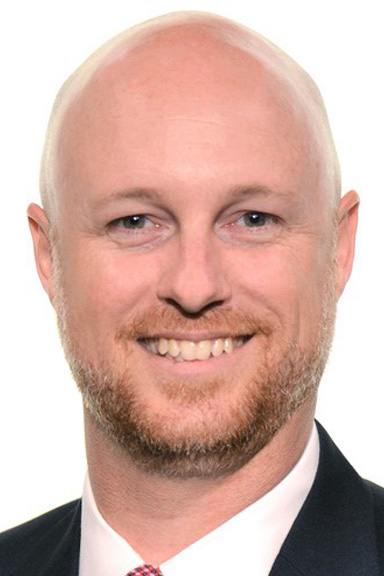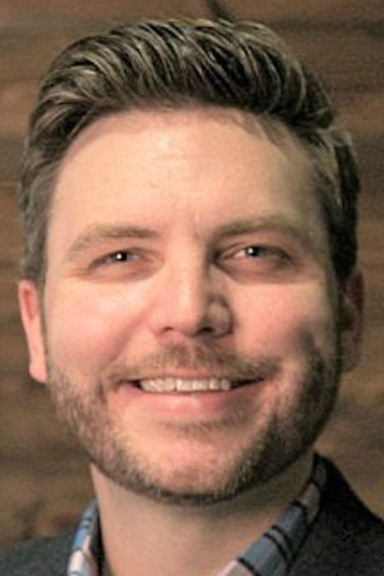ERLC staff look to Dec. 1 hearing on Mississippi’s 15-week abortion law scheduled before U.S. Supreme Court
NASHVILLE (BP and local reports) – The Ethics & Religious Liberty Commission (ERLC) Southern Baptist Convention (SBC) in Nashville is focusing on pro-life work as oral arguments are scheduled Dec. 1 before the U.S. Supreme Court in the Mississippi case of Dobbs vs. Jackson Women’s Health Organization, a law that would eliminate abortions in the state after 15 weeks of gestation.

Leaders from ERLC talked with Jonathan Howe, vice president for communications of the SBC Executive Committee, during a special edition of the SBC This Week podcast released Nov. 29. “These oral arguments and this particular case coming out of Mississippi represent the best opportunity in a generation to potentially overturn Roe vs. Wade,” said Brent Leatherwood, ERLC interim president.

Leatherwood said it’s a time for the pro-life community to intercede in prayer for the justices of the Supreme Court as they hear the arguments. “We need to be praying for the nine justices as they receive these arguments and then go back to their chambers and really start sussing [to realize the true nature of something] through competing priorities,” he said.
Chelsea Sobolik, ERLC director of public policy, said this case is unique because it specifically deals with the viability of the unborn child in the womb. “The Mississippi law says essentially after a child is viable at 15 weeks, elective abortion would be unconstitutional,” she said, adding that the law does makes exceptions related to the health of the mother and if severe fetal abnormalities are discovered.

Sobolik said this case has the ability to undo the Supreme Court’s decision in Roe vs. Wade to legalize abortion in 1973, because it deals with viability. “Viability is basically the key to unraveling the undue burden standard,” she explained.

Howe, Leatherwood, and Sobolik were joined in the podcast by Elizabeth Graham, ERLC vice president for operations and life initiatives. Graham discussed the work of the Psalm 139 project and their goal of placing 50 ultrasound machines in pregnancy support centers across the US before the 50th anniversary of the Roe vs. Wade decision in January 2023.
When it comes to the viability of a child outside the womb, Graham said, “What we know today from a science and medical standpoint is different than what we knew 30 or 40 years ago.”
She added that while the ERLC believes that life begins at conception, it is widely accepted in the international medical and science community that a child is viable at 15 weeks of development.
Leatherwood noted that for nearly five decades, Roe vs. Wade has rested on the U.S. Constitution’s guarantee of equal protection under the law for every human life as granted by the 14th Amendment.
“If we’re going to follow down that path of constitutional logic, then I think we want to bring that back to the court and say, ‘You’re relying on equal protection. We want equal protection for all lives. All these pre-born lives,” he said.
To listen to the full version of the podcast, click here.